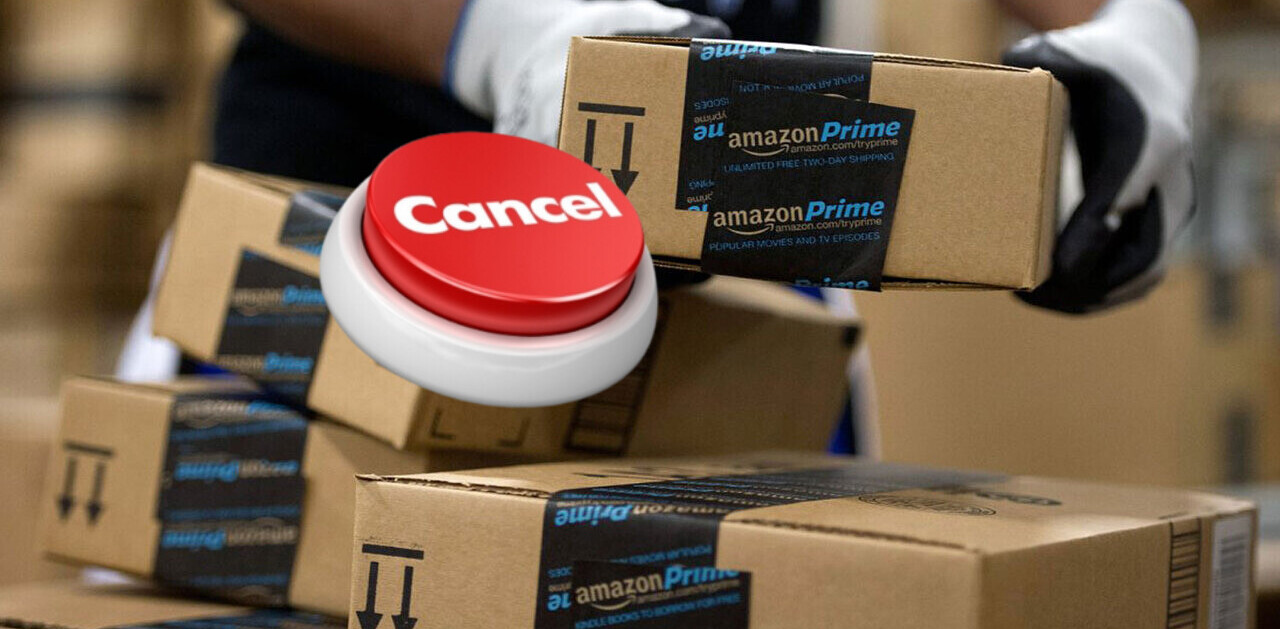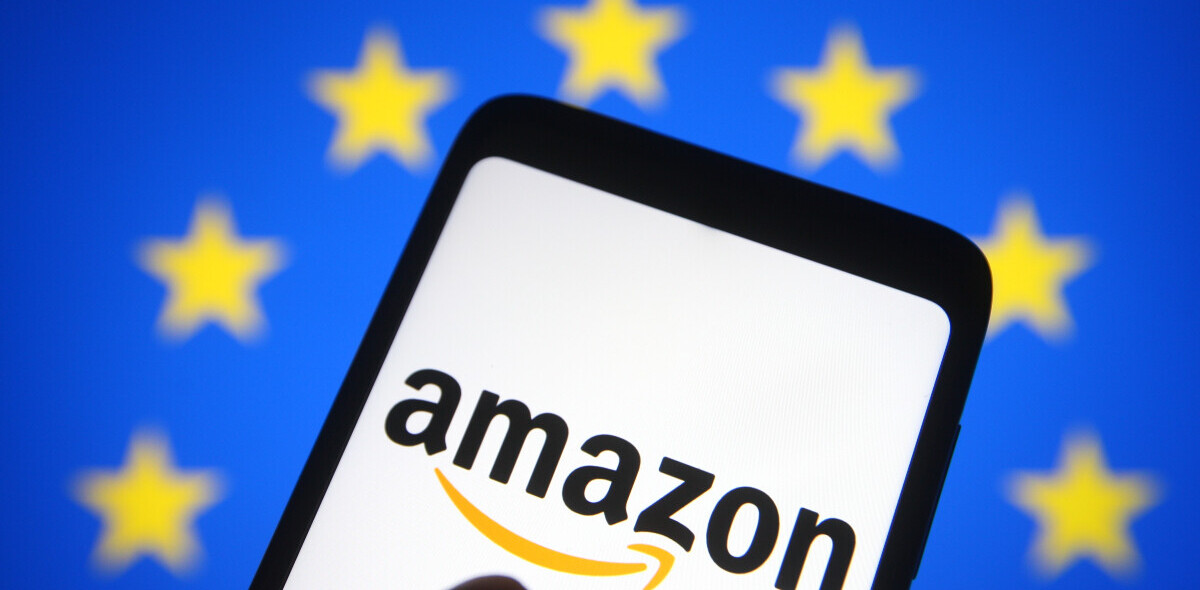
Editor’s note: This article originally appeared on East-West Digital News, a leading English-language resource on Russian digital industries and related venture activity.
The Russian edition of Forbes reported this morning – referring to “several sources on the publishing market” – that Amazon has opened a representative office in Moscow. Arkady Vitrouk, who was previously director of Kindle content for Russia, is reported to head the US giant’s operations in the country.
While these moves have not been been confirmed officially, it remains unclear whether Amazon aims to develop merely its Kindle business or launch full-fledged e-commerce activity in the country. As noted by Forbes, Amazon has filed an application to register a Russian trademark for product storage, packaging, further transportation and delivery – in addition to activities related to electronic content.
Amazon already is a major player on the Russian e-commerce scene – but it operates from abroad. The site stands as one of the most popular destinations for Russian online consumers who appreciate its immense assortment, while its prices, in many cases, remain lower than in Russia even taking into account international delivery cost.
Amazon does not disclosed detailed figures on its sales to Russia, but they certainly range in the hundreds of million dollars, a significant fraction of an overall cross-border volume which East-West Digital News has estimated at around $2 billion last year.
Launching operations within the country may look like a logical next step for the American retailer, given the juicy perspectives offered by the domestic market. Russian online retail is expected to reach or exceed the $50 billion mark at the end of the decade, up from approximately $13 billion in 2012, according to a research study by East-West Digital News [PDF link].
Yet building a full-fledged e-commerce capacity requires considerable means and rare dexterity – “as much as performing on the stage of the Bolshoi Theater,” said KupiVip.ru’s Oskar Hartmann recently – starting from the challenges of fulfilment in the world’s vastest country.
With parcels taking weeks to be delivered – if not lost or stolen by postal employees – the lack of reliable logistics, transportation and delivery infrastructure triggers Russia’s largest online retailers to build their own fulfilment capacities. Not only may this cost them dozens of million dollars – which Amazon could certainly afford, – this also requires to hire highly qualified managers, which the country terribly lacks [PDF link] in this field as well as in most other Internet related businesses.
There is little doubt about the fact that Amazon will come to Russia. The question is when, and how they will jump into these tumultuous waters – an acquisition looking as an possible alternative to starting from scratch.
Russia’s largest e-commerce player is little-known in Western business circles. Christened Exist.ru, it sells car spare parts with a yearly turnover probably exceeding $300 million in 2012, according to Data Insight, a leading Russian e-commerce consultancy. Following are fashion private sales site KupiVip.ru, household appliances retailer retailer Holodilnik.ru, each one having generated around $250 million in turnover last year.
Ozon.ru, which some call “the Russian Amazon” due to its initial focus on books and current almost universal assortment, far from matches its US big brother’s figures: the Russian site generated approximately $225 million in 2012, not including Sapato.ru and other properties of the Ozon Group.
Image credit: Getty Images
Get the TNW newsletter
Get the most important tech news in your inbox each week.





